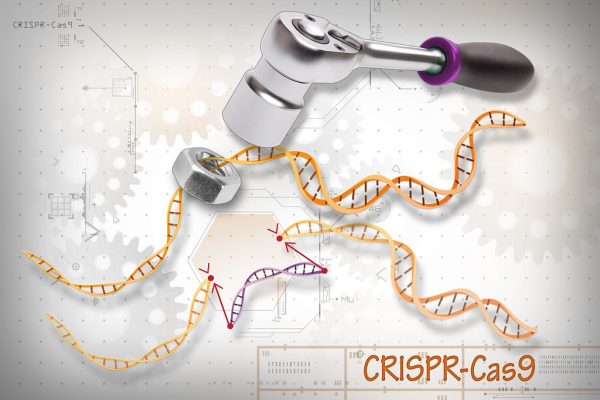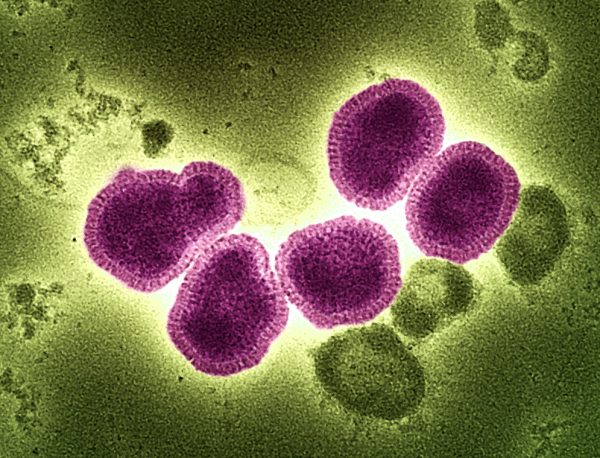Immunotherapy: Cure to Cancer?
Boosting your immune system with personalized drugs as a cancer treatment has been the most exciting thing for scientists in cancer treatment since radiation therapy. This treatment, known as immunotherapy, uses your body’s own defenses in part with help from doctors to boost those defenses to help kill cancer. As immunotherapy becomes more and more of a viable option for cancer treatment it has become an alternative option for the 12.7 million people a year who are diagnosed with cancer.
Steven A. Rosenberg, a specialist in clinically issued immunotherapy studies, reports that his trials overall yield 20% of the people going into remission, where no cancer cells are found or active in the body. In some studies, especially when battling leukemia or lymphoma with immunotherapy, from 80-90% of patients end up going into remission.
Immunotherapy can be issued in many ways. One of the most popular forms is the use of monoclonal antibodies. A monoclonal antibodies is a molecule produced in lab that attaches itself to proteins, usually on cancer cells. It is most used for disabling cancer cell’s camouflage by attaching themselves to defects in cancer cells. They can also do many other things, such as blocking growth signals from the cancer cells to stop them from growing, or even applying radiation to cancer cells with radioactive particles embedded in the antibodies.
Monoclonal antibodies can attack cancers in a lot of interesting ways. Even though this may seem great, killer T-cell therapy is still considered by researchers to be the most hopeful type of immunotherapy for cancer.
This treatment for cancer boosts the patient’s own immune system by genetically modifying the immune system’s defense, killer T-cells. By extracting patient’s killer T-cells and modifying them, doctors can make the modified cells way more powerful than the normal immune system. This method comes with precautions though. The immune system can tear up your own body just as fast as they kill the cancer cells. This method still shows potential through a very high success rate of 90% of patients’ with lymphoma going into remission.
Even with the upsides to immunotherapy there are also many frustrating aspects to it. With only clinical trials available there are no guarantees that you will not die from the treatment. “It’s like jumping off a cliff…” Says Stephanie Florence, a 44 year old photographer who took immunotherapy. “I realized that there are no patients who are 10 years ahead of me that I can look too.” Furthermore, trials for immunotherapy are extremely selective, and are more of a scientific research test than an immediate cure. There are limited spots in trials and they are only for people with a certain types of cancer at a certain stage with a certain mutation.
This method of cancer treatment is very promising but we still have to realize that it is in early stages of development. But in a few years, this treatment might help millions of people with cancer, ending the long battle with one of humanity’s most feared diseases.










